marketing– tag –
-
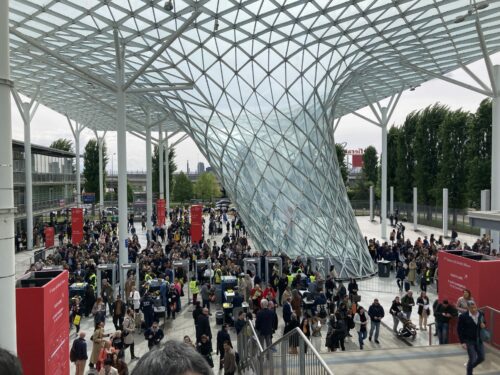
The Queueing Paradox: Why Milano Salone Thrives by Excluding the Masses (The Disney Dreamland Test)
We may queue neatly, but we are internally seething. We analyze the privatization of pleasure using the TDL model (abolishing the free Fast Pass). The secret to Milano Salone's success is simple: its location offers irresistible, non-business entertainment. Entertainment is not supplementary to the trade show; it is the precondition for its success. -
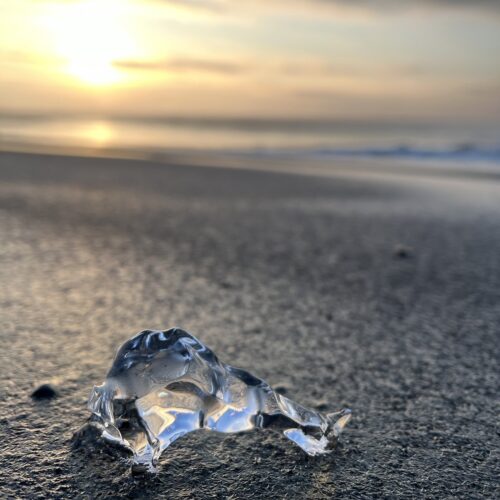
The Power of a Name: How ‘Jewelry Ice’ Turned a Nobodys’ Coast into a Global Destination
The cult of ice: Over 100 people gathered in punishing cold before dawn to see the Jewelry Ice. We explore the power of a name: worthless river ice was renamed 'Jewelry Ice' and became a global phenomenon. Money is a form of appreciation for perceived value. We must find the 'Jewelry Wood' moment for our furniture. -

The Levitt Principle: How Removing Barriers and Redefining Purpose Creates Billion-Dollar Hits
I analyze the success of the Convenience Gym, which found a million members by removing every possible barrier to exercise. Then, I examine the hit Men's Parasol, which succeeded by simply redefining the item's purpose. Both confirm Theodore Levitt's Principle: "Sell the hole, not the drill." I apply this to our craft by proposing to engrave family names on dining chairs—shifting the purpose from "comfort" to "making the place where family members return to." (The only downside: it risks making parents terribly sad after the kids fly the nest.) -

The $2 Billion Pocket Problem: How Design Thinking Turned Leftover Coins into an Experience
I trace the origin of Japan's Galápagos Syndrome to a chocolate snack craze from my childhood, fueled by the hit-or-miss system for rare hologram stickers. This mentality evolved into Gacha (capsule toys). I analyze the genius marketing move that transformed this local craze into a global success: installing machines at airports to solve the universal problem of leftover JPY coins. This is the power of design—solving a logistics headache with empathy and turning a local habit into a global solution. -

Can Fashion and Comfort Really Go Hand in Hand?
This theme would be a critical issue especially for the business suit industry. In Japan, the industry is in danger of extinction. As time passed, office clothing became more and more casual, and less and less people wore a business suit. I think the fundamental reason for the decline would be the fact that business suits are uncomfortable. -

The First Penguin’s Regret: Why I Ditched Japan’s New Year’s Cards (And Why Quick Decisions Are Overrated)
If the risk is that high, I’d rather leave it to the self-appointed weirdos like Elon Musk. I became the first penguin to quit the Japanese New Year's card ritual—a decision I sometimes regret when I see my empty mailbox. Quick decisions are overrated. The value of a product is often measured by the emotional weight of its memory, not just its sales trend. -

The Magic of Moss and the Secret of the Coca-Cola Factory
A forest can be a dark mystery or a miracle of ecology, depending on the guide. From the unique way Japanese fans saved "Malfoy" to the "forbidden" taste of Coca-Cola on a school trip, discover why the secret to building a world-class brand like CondeHouse lies in the delicate art of the "First Impression." -
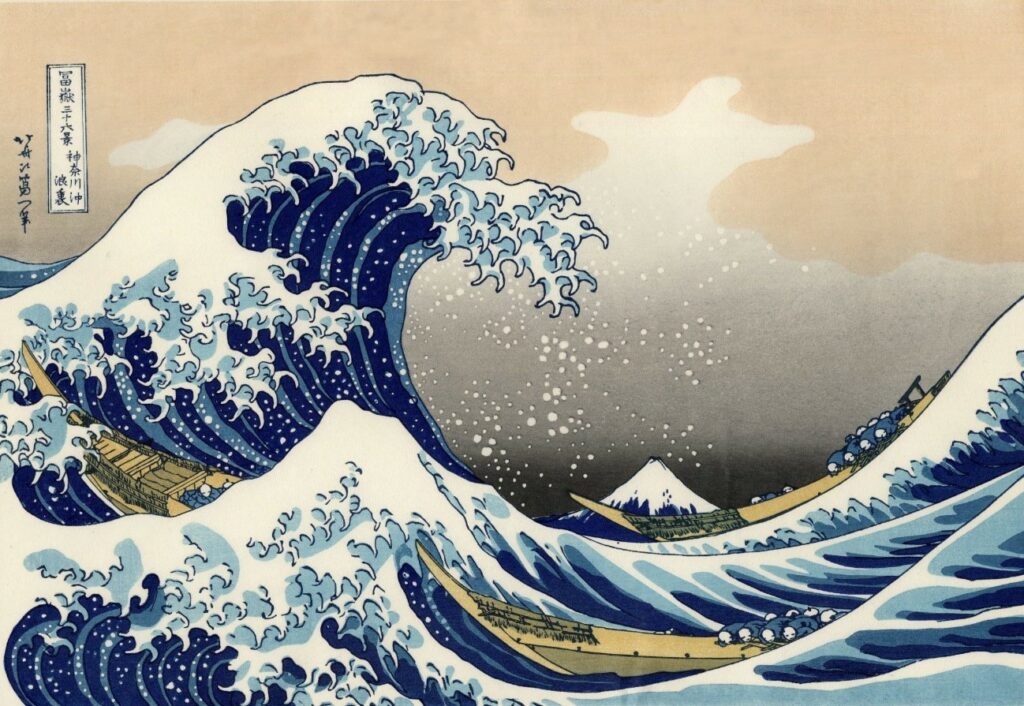
Are NFTs Just Hype or a Real Investment?
Academically, the value of things is composed of three factors: rarity, utility, and timeliness. Let's put aside timeliness here because things get too complex. First of all, diamonds are no longer so useful at least in industrial activities because we can artificially make them. Let's rule out utility. Next, what about rarity? Do you still believe diamonds are rare? -
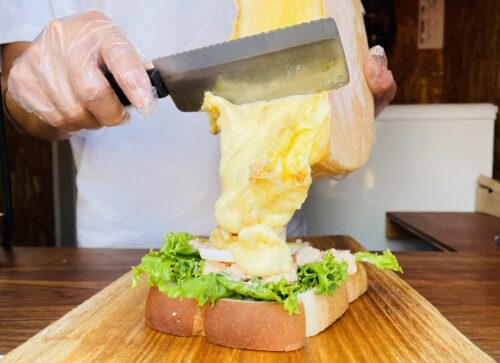
The Bread Kingdom: Why Hokkaido is a Sanctuary for Carb-Lovers
Is communication just 7% words? Then let's spend the other 93% eating Hokkaido's world-class bread. From the theatrical art of asking "Is this Kayser-ish?" to the "carb-on-carb crime" of Yakisoba-pan, explore the unique bakery culture of Japan's northern wilderness. -
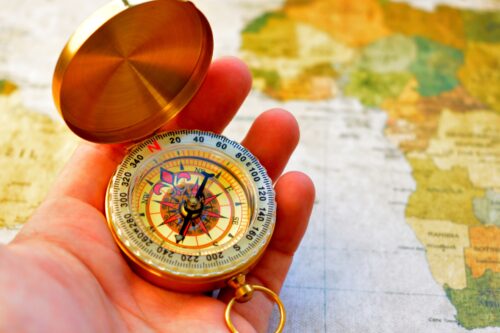
The Honeybee’s Dilemma: Should We Ever Be Rationally “Irritating”?
Logic is for computers; wandering is for humans. Explore the fascinating study of honeybees and how "irrational" flight paths ensure the survival of the swarm. A humorous look at why the author is a "rebellious bee" fighting for sustainability—one un-marketable blog post at a time.
